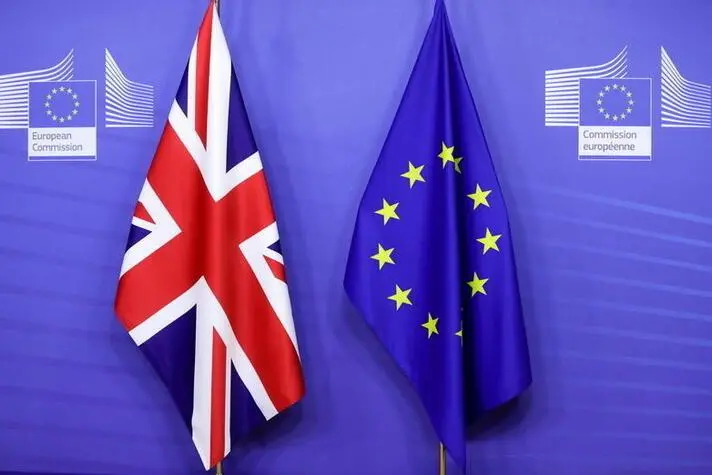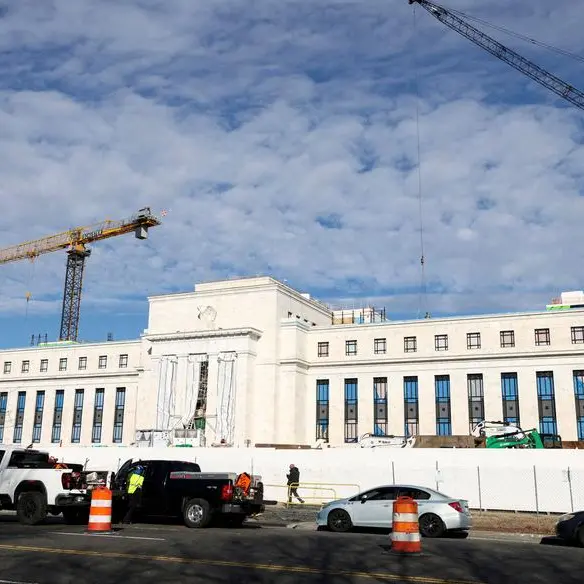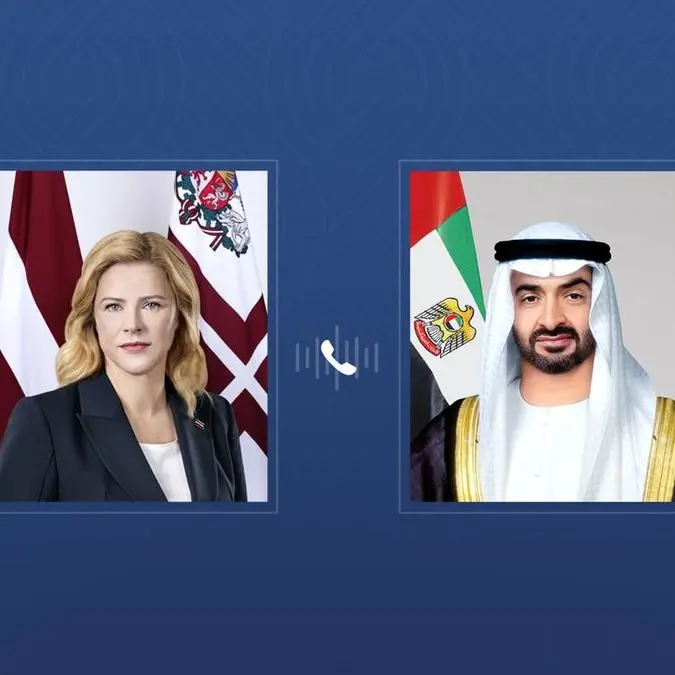PHOTO
Last Decembers historic UK-EU trade deal was heralded by British Prime Minister Boris Johnson as getting Brexit done. Yet a year later, the wide-ranging processes unleashed by the result of the UKs 2016 referendum on leaving the EU are just beginning to play out, rather than ending.
The agreement was the first trade negotiation in history where barriers went up, rather than down, and is therefore likely to be only a partial solution to future UK-EU economic collaboration. For instance, the deal does not cover the services sector, which accounts for 80 percent and 70 percent of the UK and EU economies respectively.
Part of the challenge stemmed from the fact that the deal was struck in only eight months, during a pandemic, and so a bare-bones agreement was an almost inevitable result. So UK negotiations with the EU might therefore need to continue for years to come to fill in at least some of the gaps, in a process one former UK minister to Europe, Dennis MacShane, has called Brexiternity.
Johnson last year glossed over this, and pledged that the agreement would lead to a positive reset of relations between London and the EU-27. The deal has instead triggered 12 months of turmoil, with relations between the two sides rarely so poor as illustrated when, just five months after the agreement was struck, Royal Navy vessels began shadowing French ships near Jersey in a row over fishing licenses.
Little surprise, therefore, that more than 60 percent of voters now believe Brexit has gone badly or worse than expected. An Opinium survey this week found that even 42 percent of people who voted Leave in 2016 now have a negative view of the way things have turned out.
Multiple missteps on both sides have led to the current tensions. The UK, for example, threatened to break international law with its 2020 Internal Market Bill.
Moreover, less than a month after the UK-EU deal was agreed, European Commission President Ursula von der Leyen threatened to impose a ban on UK vaccine exports. Facing delivery shortfalls, and suspecting the UK had co-opted EU supplies of the AstraZeneca jab, she ultimately backed down after much fury.
Meanwhile, President Emmanuel Macron who will run for re-election in France in April, while his country holds the rotating presidency of the EU for six months beginning on Jan. 1 is likely to ask the European Commission to soon begin legal action against the UK over post-Brexit fishing licenses.
Beyond these disputes, other situations are developing that show how hollow Johnsons slogan of having got Brexit done has become. The net impact of all this could have contrasting implications for the EU and UK.
Whereas the next few years might result in a stronger, centralized union of EU states, despite significant continuing disagreements between member nations, the opposite might be true across England, Scotland, Wales and Northern Ireland.
Brexit has exacerbated existing tensions over the UKs unity, and put Northern Ireland back at the forefront of UK politics. Tensions there will continue into 2022, with the UK government under pressure from the provinces Democratic Unionist Party to override parts of the Brexit deals protocol regulating trade between Britain and Northern Ireland. The protocol effectively created a border between Northern Ireland and the rest of the UK, angering much of the unionist community, and there is growing speculation as to whether a referendum might be held on Irish reunification.
The possibility of such a vote taking place, let alone the outcome, remains far from certain. While London remains committed to the unity of the United Kingdom, and Dublin to the cause of Irish reunification, these objectives create political and economic challenges for both sides.
While the issue of Northern Ireland was relatively muted during the 2016 referendum, the prospect of Brexit leading to Scottish independence was more actively debated. The Scottish National Partys continuing political strength north of the border means that either a fresh independence referendum or growing tensions with the rest of the UK are likely during remainder of Scottish First Minister Nicola Sturgeons time in office.
By contrast, the ways in which the EU will change because of Brexit could be the most important, yet often overlooked, outcome of the British vote to leave. With the UK no longer in the Brussels-based club, the EU-27 has already, in 2020 and 2021, taken some significant steps toward greater federalism.
One example is the new 750 billion ($850 billion) coronavirus recovery fund. This represents a major political milestone in the post-war history of European integration, as the continents presidents and prime ministers committed, for the first time, to the principle of jointly issued debt as a funding tool.
Going forward, a broader range of EU policy could change post-Brexit including tax harmonization, which could potentially take further steps forward now without the UK as a blocker.
Taken together, this is why the implications of Brexit could be significantly different for Brussels and for London. While both unions are under stress, the 2020s could be the era of an increasingly federal EU, while the territorial integrity of the UK increasingly comes under threat.
- Andrew Hammond is an associate at LSE IDEAS at the London School of Economics
Copyright: Arab News 2021 All rights reserved. Provided by SyndiGate Media Inc. (Syndigate.info).





















